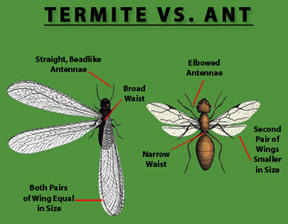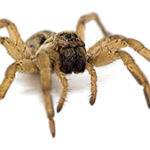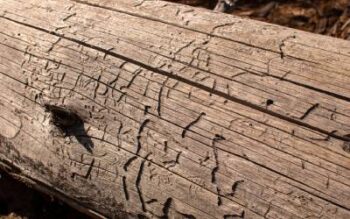Be prepared for infestations
 Written by Jackie Grabin for Lynbrook/East Rockaway Herald- April 14,2016
Written by Jackie Grabin for Lynbrook/East Rockaway Herald- April 14,2016
Termites are not only annoying and inconvenient; they are also hazardous to your home. They sneak into your house or apartment building unnoticed and disguise themselves as ants, and then go to work on burrowing into your wooden structures. Fortunately, your local pest control professionals can offer termite treatment and teach you how to prepare your living space so that these pests do not return.
Be on alert! As a result of this year’s warm winter, pest control experts are expecting a banner year for termites according to entomologists from Lynbrook-based Arrow Exterminating.
On warm, sunny days without wind, termites swarm. That means that the colony sends out reproductives to mate and increase colony size. If you’ve ever seen a termite swarm, you’re sure to remember it. What looks like ants with long whitish wings suddenly start flying to light (a window or a fixture). They can come out by the hundreds.
The insects drop their wings (because they’re in the way), mate and try to return to the soil. The swarm usually lasts only a couple of hours. If you’re not home when it happens, you may find wings at window sills or other heat/ light sources. The wings are whitish, all equal in length and look like flat grains of rice. A swarm indicates that termites are present in your home. Sometimes that is the only indication of problems the homeowner gets.
A professional pest control company can inspect for mud tunnels and/or damage from termites.
Here are some further steps you can take to try to avoid termites or to discover them before there is much damage:
- Avoid wood/soil contact. For instance, dont stack firewood on the earth around the building foundation.
- Reduce moisture wherever possible.
- Make sure crawlspaces are ventilated.
- Mulch should be at least 8 inches from the foundation.
- Downspouts should channel the water out 3 feet from the building.
- Seal foundation cracks.
- Have your home inspected for termites annually.




